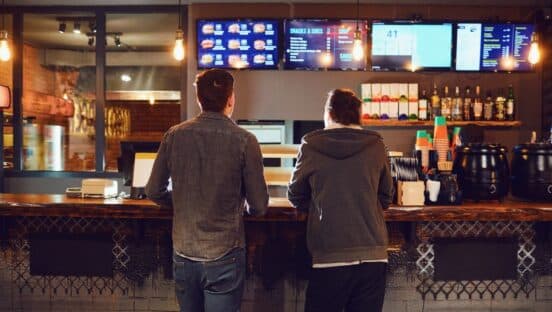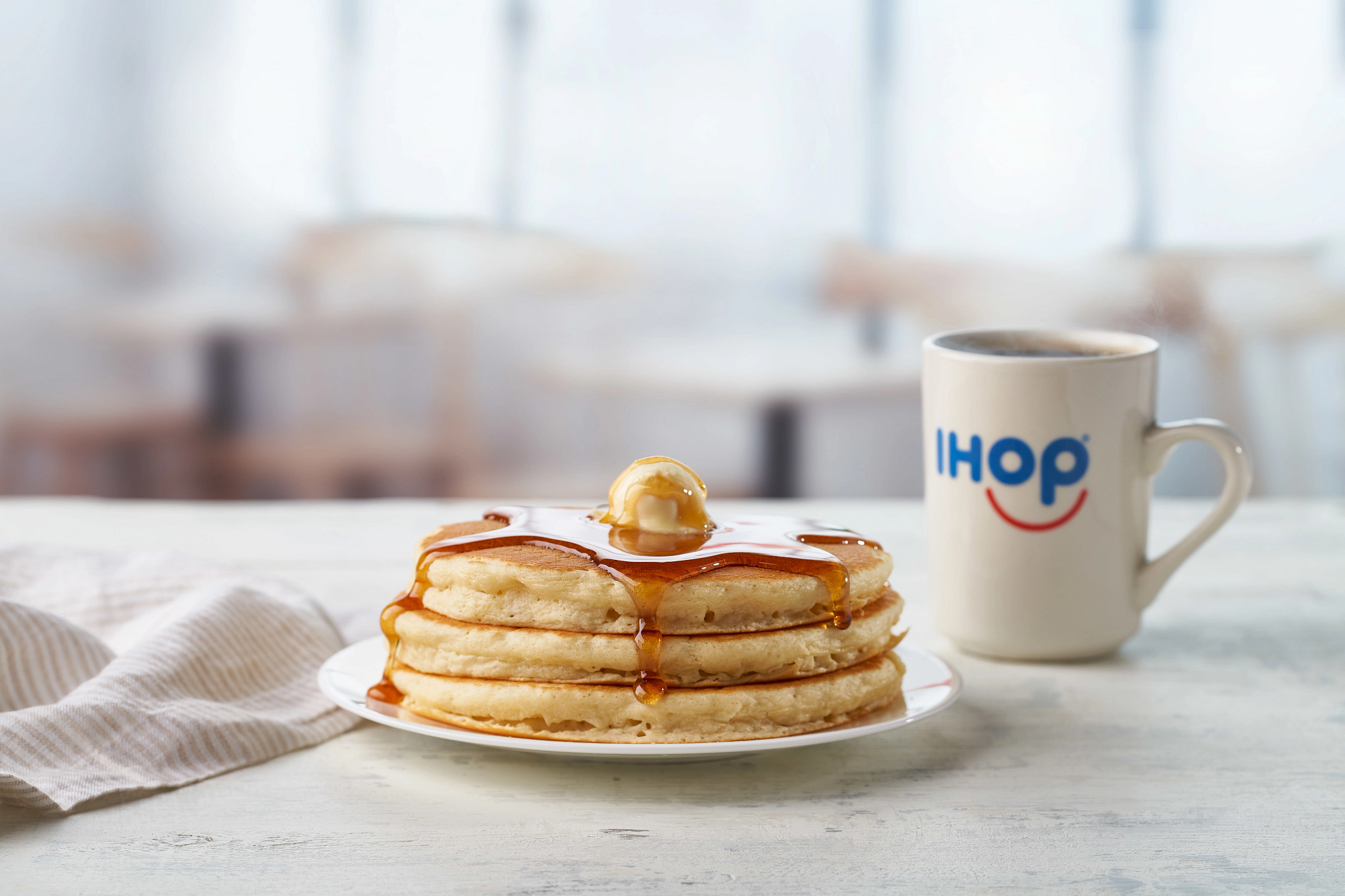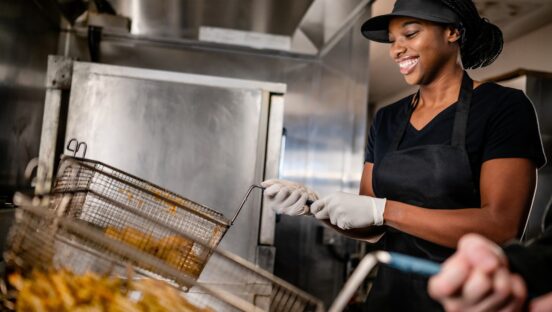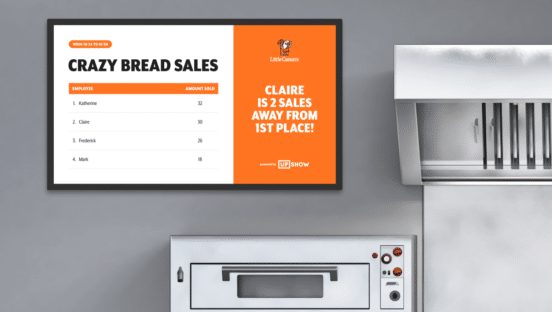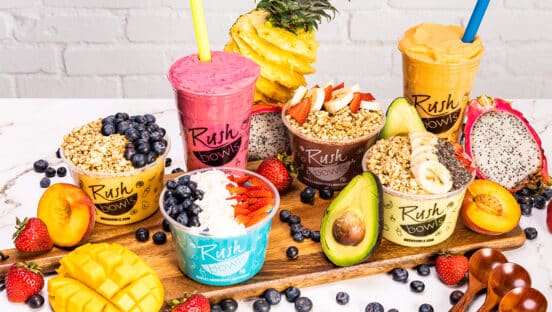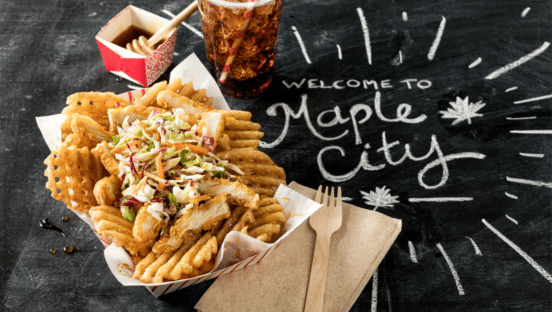Jim Sullivan, chief development officer at QDOBA, says his brand is a sleeping giant. The Mexican fast-casual franchisor lays claim to being the largest of its kind, with 740 units, and yet still has a lot of room for growth. And grow it will, Sullivan says, as QDOBA has a goal to soon reach 2,000 units.
“We are one of the best-kept secrets in one of the hottest categories right now,” Sullivan says. “I love the unit economics, the franchise license model, and the fact that we have over 700 units and I think we have a ton of white space yet to be filled up. We plan on opening over 60 units this year, and then start opening 100, 120 units per year.”
So why is QDOBA such an attractive franchising opportunity? For one, its chief rival is Chipotle, which does not franchise. Secondly, the brand has worked hard over the past couple of years to roll out a range of flexible prototypes, making QDOBA an ideal brand in almost any setting, including the non-traditional spaces like stadiums, airports, and college dining halls.
“Our brand is so versatile,” Sullivan says. “We have a freestanding prototype with a drive thru. We have end-cap with drive thru, inline conventional, traditional and non traditional. And I’d like to add that I think our presence in the non-traditional space is a real bright spot for the brand.’
QDOBA now boasts robust off-premises channels generated through the brand’s all-new app, featuring online ordering and third-party delivery, and now more conventional takeout channels like the drive thru. One of the biggest off-premises revenue streams for franchisees is a catering program that has always been a focal point at QDOBA. Diners love to grab-and-go centerpiece menu items like burritos, bowls, tacos, and more.
“That’s what’s great about QDOBA,” Sullivan says. “Our food travels so well, it’s built to be portable. Where other brands had to figure that out during the pandemic, we were primed and ready.”
In an attempt to effectively and successfully fill the aforementioned white space, one strategy leveraged by Sullivan and his team at QDOBA has been breaking into markets by deploying ghost kitchens, alongside help from Reef Kitchens, in order to help achieve brand awareness. Once traction is gained, QDOBA is able to rollout physical stores for a seamless introduction into the market.
“It’s a great way to see how the brand is received and figure out how to position ourselves before we are investing in brick and mortar locations,” Sullivan says. “It’s about getting food in mouths, creating buzz and awareness, and testing the waters.”
Of its 740 units, QDOBA owns and operates about 40 percent. Now the brand is looking to grow with franchisees who are excited about a brand on the verge of a breakthrough, and franchisees can rest assured that the franchisor is committed to success, says Sullivan. Specific targeted areas include Louisiana, Arkansas, Alabama and California.
“I think something we can say that other brands can’t is that our skin is really, truly in the game,” Sullivan says. “Our mix of corporately-owned locations to franchised locations is 40/60—We don’t ask our franchisees to do anything we don’t do. Franchisees out there, they want a really healthy top line. We do, too—we run a P&L. We publish our company results. We’re not shy about potential franchisees talking to current franchisees. In fact, we encourage it because we know how much they love our brand.”
For more on franchising with QDOBA, visit the brand’s website.



